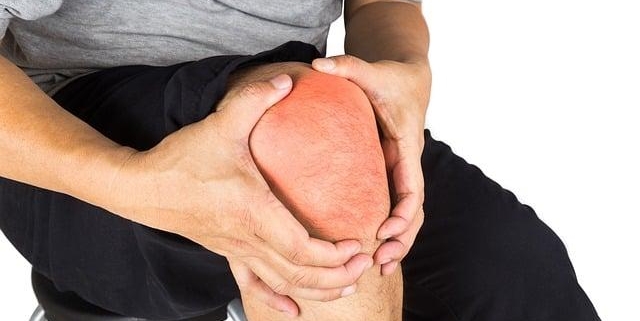
Chronic Pain and Nutrition
Overview
Chronic pain, a long-standing or recurring pain, affects millions of adults worldwide. It’s a condition that persists for more than three months and hinders normal daily activities. Evidence suggests that nutrition can play a vital role in managing chronic pain. A balanced, healthy diet can reduce inflammation, thus aiding in pain management.
Types
Chronic pain can take different forms, including:
-
- Neuropathic Pain: Typically caused by nerve damage, leading to a chronic pain condition.
-
- Musculoskeletal Pain: Often due to conditions like osteoarthritis or recurring injuries.
-
- Inflammatory Pain: Results from inflammatory conditions such as rheumatoid arthritis.
Causes
The causes of chronic pain can vary widely. Factors like age, injury, surgery, obesity, and certain health conditions, including diabetes, cancer, and arthritis, can increase the risk of developing chronic pain. Poor nutrition or a lack of essential nutrients can also exacerbate pain symptoms.
Symptoms
Chronic pain can manifest in several ways, including:
-
- Persistent aching or discomfort
-
- Shooting, burning, or throbbing pain
-
- Soreness, stiffness, or tightness
Diagnosis
Chronic pain is diagnosed primarily through patient discussion and physical examination. Doctors may also conduct imaging tests, blood tests, or nerve function tests to understand the source of the pain better.
Treatment Options
Treatment for chronic pain may include medications, physical therapy, acupuncture, nerve blocks, and surgery. One critical aspect of treatment is nutrition, as a balanced diet can help reduce inflammation and support the body’s natural healing process.
Living With Chronic Pain and Nutrition
Living with chronic pain can be challenging, but proper nutrition can play a vital role in managing pain. Here are a few strategies:
-
- Eat a Balanced Diet: Include a variety of fruits, vegetables, whole grains, lean proteins, and healthy fats in your diet.
-
- Stay Hydrated: Drinking plenty of fluids supports overall health and can help reduce inflammation.
-
- Avoid Processed Foods: These often contain ingredients that can increase inflammation and exacerbate pain.
-
- Consider Supplements: Vitamins and minerals, such as Vitamin D and Magnesium, can support overall health and help manage chronic pain.
Remember, it’s essential to discuss any diet changes or supplements with your healthcare provider.
When to Seek Help
Although chronic pain can often be managed with self-care strategies and medical treatment, you should seek immediate medical attention if:
-
- Your pain is severe and doesn’t improve with rest.
-
- You experience sudden, sharp pain.
-
- The pain is associated with a high fever, unexplained weight loss, or other severe symptoms.
Living with chronic pain can be difficult, but understanding the condition and the power of nutrition in pain management can lead to improvement and a better quality of life.
